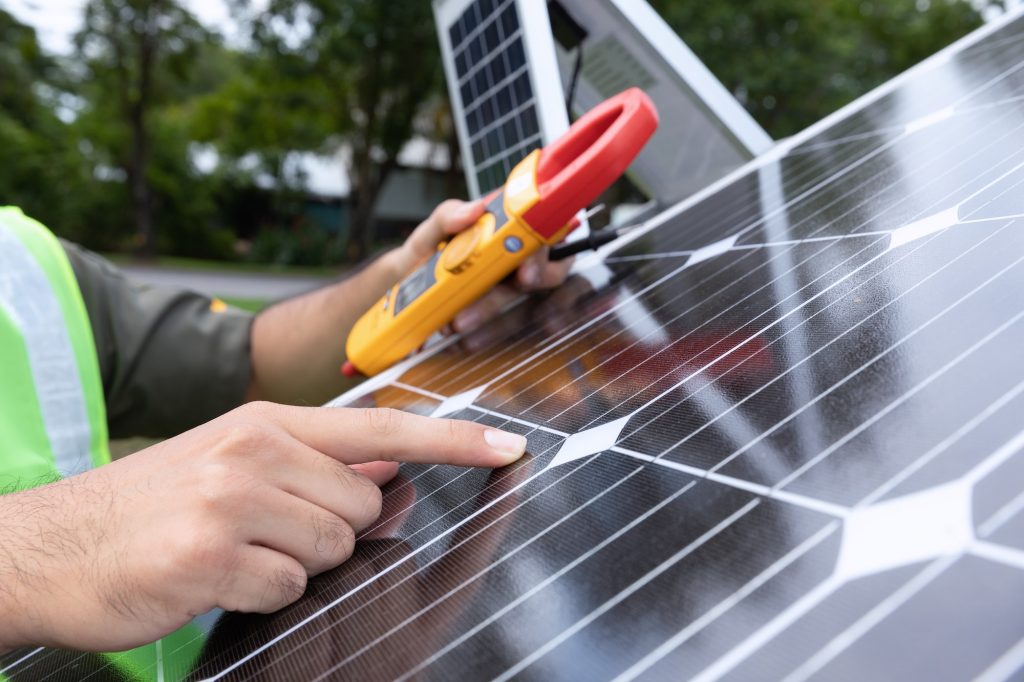Introduction
Wastewater treatment is a critical aspect of modern society. It helps protect public health and the environment by removing pollutants from wastewater before it is released into the atmosphere. However, conventional wastewater treatment methods can be energy-intensive and contribute to greenhouse gas emissions. In recent years, there has been a growing interest in integrating renewable energy into wastewater treatment to make the process more sustainable and cost-effective.

The Importance of Renewable Energy
Renewable energy comes from natural, replenishable sources such as the sun, wind, and biogas. It is becoming increasingly important as the world seeks to reduce its reliance on non-renewable fossil fuels and reduce its carbon footprint. The use of renewable energy in wastewater treatment offers numerous benefits, including lower costs, reduced greenhouse gas emissions, and improved energy efficiency.
Integration of Renewable Energy into Wastewater Treatment
Several types of renewable energy can be integrated into wastewater treatment, including solar, wind, and biogas energy. Solar energy can power pumps and aerators, while wind energy can generate electricity. Biogas energy can be produced from the organic matter in wastewater and used to generate electricity or heat.
Advantages of Integrating Renewable Energy into Wastewater Treatment
Integrating renewable energy into wastewater treatment has several advantages, including increased efficiency, improved sustainability, and reduced greenhouse gas emissions. Using renewable energy, wastewater treatment plants can reduce their reliance on non-renewable fossil fuels and their carbon footprint. Additionally, using renewable energy can help lower costs and improve energy efficiency, as renewable energy is often less expensive than non-renewable energy sources.
Case Studies
Several examples of successful renewable energy integration into wastewater treatment include solar-powered wastewater treatment plants and biogas-powered wastewater treatment plants. For example, California’s solar-powered wastewater treatment plant has reduced its energy costs and greenhouse gas emissions by using solar panels to power its pumps and aerators. Similarly, a biogas-powered wastewater treatment plant in Germany has been able to generate electricity and heat from the organic matter in wastewater, reducing its reliance on non-renewable energy sources.
Technical Considerations
When integrating renewable energy into wastewater treatment, it is essential to consider the technical requirements and infrastructure needed to support the use of renewable energy. This may include equipment such as solar panels, wind turbines, biogas digesters, and the infrastructure required to keep their operation and maintenance. Regular maintenance and upkeep are also essential to ensure renewable energy systems’ continued performance and efficiency.
Funding and Support
The integration of renewable energy into wastewater treatment can be supported through government incentives and private-sector investment. Many governments offer incentives to encourage the use of renewable energy, such as tax credits or subsidies. The private sector can also play a role by directly investing in renewable energy projects or purchasing renewable energy credits.
Challenges and Limitations
While integrating renewable energy into wastewater treatment offers many benefits, some challenges and limitations must be considered. Technical limitations may include the availability of renewable energy sources and the need for specialized equipment and infrastructure. Economic constraints may include the upfront costs of installing renewable energy systems and the ongoing maintenance and upkeep costs.
Conclusion
In conclusion, integrating renewable energy into wastewater treatment is essential for a more sustainable and cost-effective treatment process. The use of renewable energy offers numerous benefits, including increased efficiency, improved sustainability, and reduced greenhouse gas emissions. However, it is essential to consider the technical and economic challenges and limitations when integrating renewable energy into wastewater treatment.
FAQs
- What is renewable energy? Renewable energy comes from natural, replenishable sources such as the sun, wind, and biogas.
- How does renewable energy benefit the environment? Using renewable energy can help reduce greenhouse gas emissions and the world’s reliance on non-renewable fossil fuels.
- What are the technical considerations for integrating renewable energy into wastewater treatment? Technical considerations may include the availability of renewable energy sources, the need for specialized equipment and infrastructure, and the cost of maintenance and upkeep.
- How is renewable energy funded and supported? Government incentives and private-sector investment can finance renewable energy.
- What are the challenges and limitations of integrating renewable energy into wastewater treatment? Challenges and limitations may include technical constraints, such as the availability of renewable energy sources, and economic restrictions, such as the upfront costs of installing renewable energy systems.